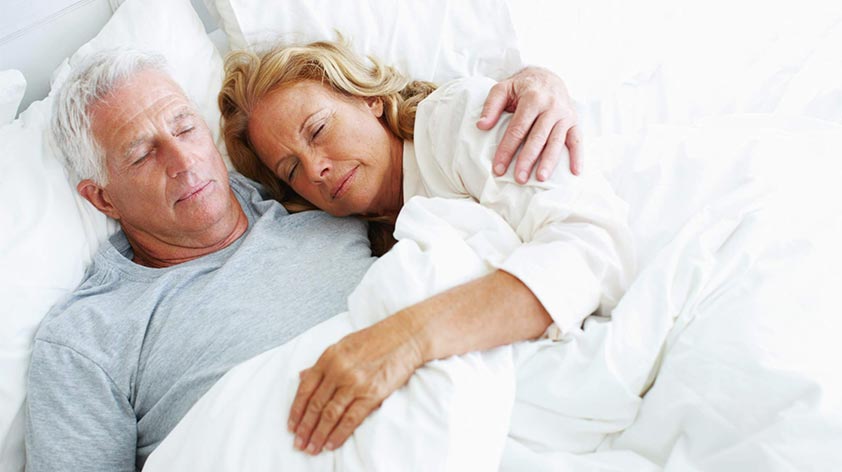
Getting a decent night’s sleep should be the norm for most young people. But, as you age, this definitely can become a long lost memory with many seniors suffering from sleep deprivation. One of the causes of this can lie in the lack of a proper or suitable mattress; this results in disrupted sleep leading to fatigue and irritability during the day. We hear of many people waking up with back pain and an aching body, so having the right mattress is essential. In this article, we’ll cover 6 Key Things to Know Before Buying a Mattress for an Elderly Person.
1. Support is essential for the back and neck
Due to the many bodily issues associated with aging, older people may find it hard to sleep comfortably. As one advances in age, back and neck pain tend to become more evident. Therefore, the best mattresses for seniors are those with essential back support.
2. Inadequate temperature regulation can ruin your sleep
A mattress can interrupt your sleep if it gets either too warm or too cold. For the elderly, a disturbed night’s sleep may result in daytime lethargy and crankiness. If you opt for a mattress that gets too hot or too cold, it may bring symptoms of arthritis or fibromyalgia. Moreover, overheating could lead to sweating and restlessly changing positions during sleep.
It’s a good idea to select one that’s good for circulation. The Yogabed is a good choice according to Trish at SleepDelivered.com; it’s an excellent choice for keeping your body heat in check. It also contours to your pressure points, thus optimising your comfort levels.
3. The firmness determines your spine alignment
Quality and stability affects how hot or cold your mattress gets. A very soft bed tends to confine you into a dip resulting in restricted airflow hence the chances of overheating. But, a firm mattress keeps you well-supported on the surface resulting in excellent airflow.
The firmness level chosen should suit your weight and sleeping habits. For instance, when sleeping on your sides, the hips and shoulders protrude out more than other parts of the body. So, a bed that’s too firm may result in pressure on these parts.
Likewise, heavy side snoozers tend to delve deep into an overly soft mattress, and this could result in a misaligned spine. The best bed for seniors is flexible enough to contour to the body’s curves, yet sturdy enough to offer excellent support, and not feel like you’re sinking in quicksand.
4. A mattress’ edge support does matter
Not everyone cares about the edges, but sufficient support at the sides makes it safer for seniors to sit and tie their shoelaces for example. Firm edge support also prevents you from sliding off the bed for anyone who likes resting along the edge. For firmer edge support, a hybrid mattress that combines both innerspring, memory foam and latex material may well prove the best type for an elderly person.
5. What about the mattress weight?
It’s best if the mattress is weighty, this means it will contain more material than air. However, most beds require flipping over now and then, so bear that in mind. Do consider a memory foam mattress since they don’t need turning.
6. The mattress thickness is critical
Usually the elderly are slowed down by the many effects of aging. They tend to move slower or suffer from the impact of ailments, wear and tear, injury, or surgery. Therefore, for utmost comfort, pick the best actual mattress height when choosing for seniors. A mattress that’s neither too low nor too high, with a medium-to-low profile of 8-10 inches (20-25cm) tends to work well for most seniors.










These are fantastic ideas to know before purchasing a mattress for an older person, thank you.